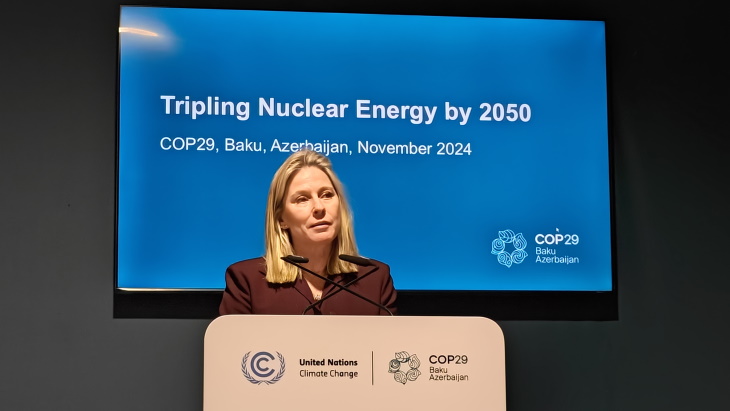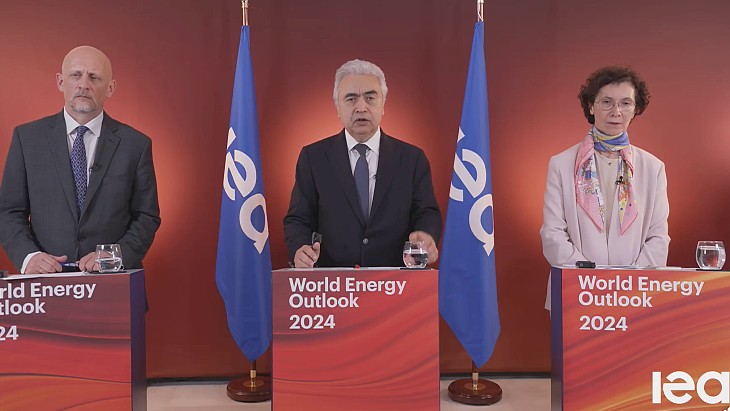UK must address generation gap in support for nuclear, study shows
.jpg)
The UK, which in June 2019 became the first major economy in the world to pass laws to end its contribution to global warming by 2050, has 15 reactors generating about 21% of its electricity. Almost half of this capacity is to be retired by 2025, however, and there is only one new build project - Hinkley Point C in Somerset. HPC is being funded by the French utility EDF and its partner in the project, China General Nuclear Power Corp, with a contract-for-difference already agreed with the previous UK government to provide long-term price stability for the generator once the plant begins generating (but leaving construction and operating risk with the investors). A Regulated Asset Based model is under consultation for future plants.
"The nuclear industry should create stronger messaging about the potential possibilities for nuclear to help create a low-carbon, prosperous future for the UK," IMechE said on announcing publication of the research. "This will open up greater possibilities for solutions from low-carbon fuel production to increased electrification and ensure the UK can meet its net-zero vision."
The responses to the poll show that in order for greater public acceptance of new nuclear power stations, it is "important to communicate a credible plan" for waste disposal, for example either a geological disposal facility or recycling used radioactive material, IMechE said.
According to the research, just over four in 10 people support the use of nuclear energy for producing electricity in Britain (42%). A similar number (45%) support the use of gas for electricity generation. This compares to over eight in 10 who support electricity production from renewable sources (84%).
Only a quarter of people (26%) aged 18-24 understood nuclear power is a low-carbon source of energy, compared to 61% of 65-74-year olds. Men are around twice as likely as women to be positive about nuclear power, with nearly six in 10 men supporting it (56%), compared to three in 10 women (29%). People aged 45 and over are most likely to back nuclear power. The highest level of support was seen in Scotland (49%) and the lowest in Wales and the west of England (39%).
The most frequently cited benefits of nuclear power are 'reliability of energy supply' (43%), 'low-carbon energy' (37%), and 'security of future energy supply' (34%). The most commonly selected concerns about nuclear power that people have are 'nuclear waste/disposal of nuclear waste' (58%), 'safety concerns such as the risk of accidents' (44%), and 'radiation' (35%).
Just over a quarter of people would support the construction of a nuclear power station in their local area (27%), while four in 10 would oppose (41%).
People overestimate the contribution of nuclear power to the UK's electricity mix, according to the research, saying on average it produces 42% compared to around 20% in reality. In contrast, estimates of the contribution of renewable energy were accurate: 31% compared to 33% in reality.

_99697.jpg)







_88592.jpg)
_66488.jpg)

